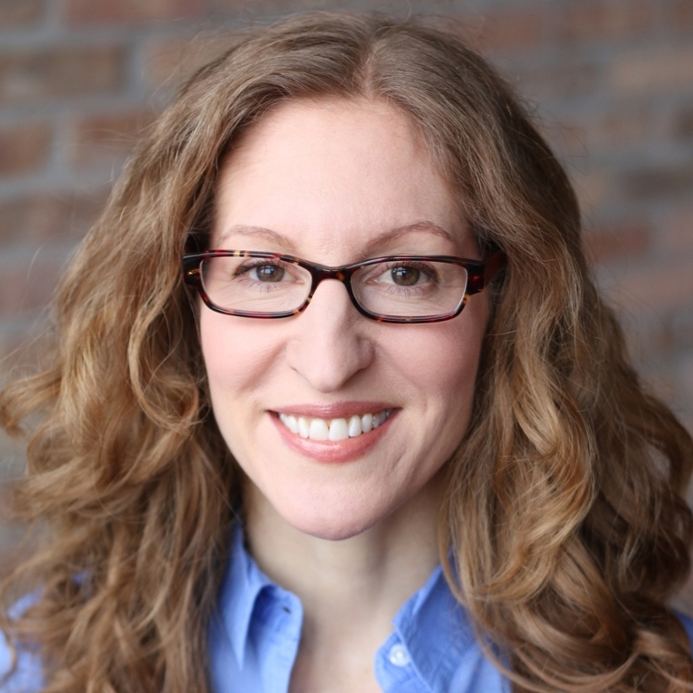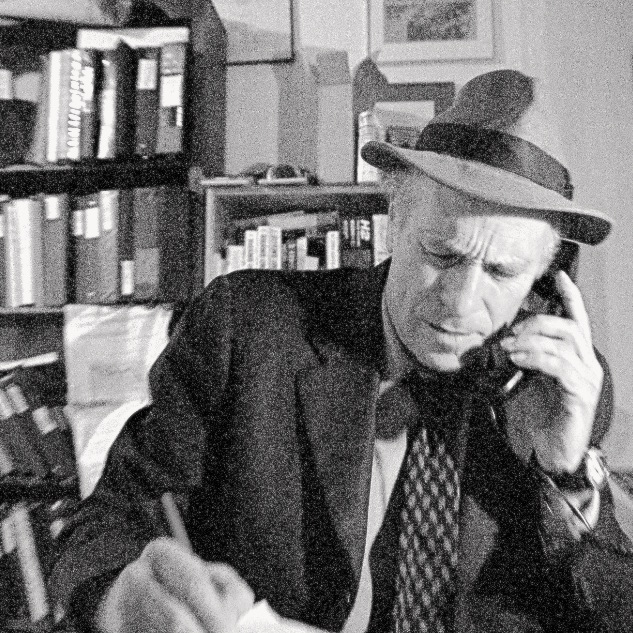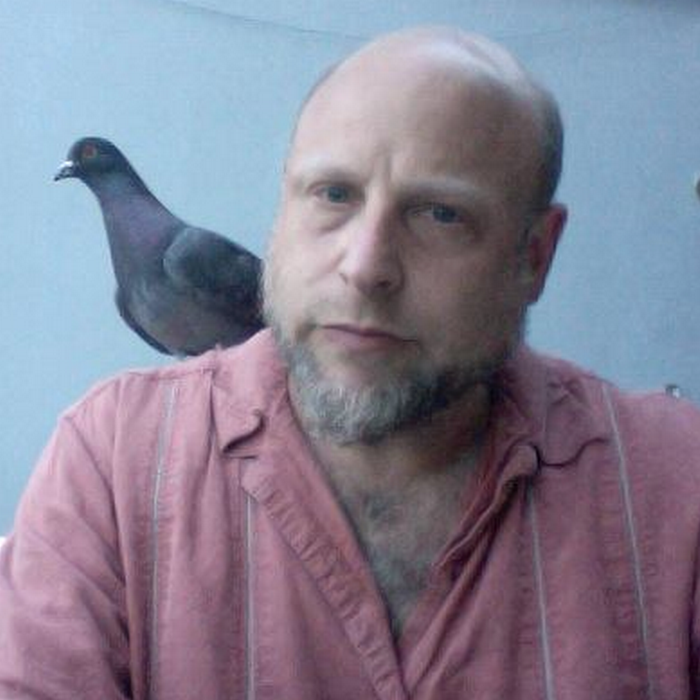Appalogia

Why we are all dumber and gooder than economists think we are.
Economist Samuel Bowles explains how capitalism's economic incentives - and the government policies behind them - betray our innately generous natures, corrode the social functions in our society, and leave us unprepared to build a future around care and equality, values we already value, even if we don't know it.
[Sam's audio clears up after a couple minutes, stick with it!]
Samuel is author of The Moral Economy: Why Good Incentives Are No Substitute for Good Citizens from Yale University Press.

Appalachia's problems are capitalism's problems: Towards hillbilly solidarity.
Historian Elizabeth Catte explores the Appalachia-sized gap in the liberal worldview - as a site of "defective white people" to be punished for existing outside the liberal orthodoxy, ignoring the region's simultaneous exploitation and isolation by mainstream politics, and its history and future as a site of struggle and solidarity against capitalism.
Elizabeth wrote the piece Liberal shaming of Appalachia: Inside the media elite’s obsession with the “hillbilly problem” for Salon.

Many homes for dark dollars: On the known unknowns of Trumpism's private capital.
Writer Adele Stan examines the dark money personal fortunes of the Trump White House before they hit the political jackpot - as a web of allegiances and favors forged in private, and a series of scams committed against the public - and explains how the richest administration in history cashed out in ways we might never know.
Adele wrote the article What We Do Is Secret: Trumpism as a private-capital scam for The Baffler.

Not Assad or ISIS: The case for supporting Syria's opposition.
Middle East scholar Wendy Pearlman makes the case for supporting rebels in the Syrian war - from the existence and persistence of a civil society committed to revolution and democratic rule of the country, to the reasons the real choice is not between Assad and ISIS, but between domination and freedom for the Syrian people.
Wendy returns to discuss her interview earlier this month, and her book We Crossed a Bridge and It Trembled: Voices from Syria.

Understanding Crosscheck, the Republican racial vote suppression campaign.
Investigative journalist Greg Palast reports on Crosscheck, the GOP's massive and extremely successful voter suppression apparatus - able to disenfranchise minorities for the simple crime of having first and last names, and previews the next stages of Kris Kobach's sophisticated revamp of Jim Crow era repression.
Greg's latest report is Sanders and Jackson join hands to take on Trump’s Vote Thief-in-Chief at his website, and his documentary on voter suppression, which was right all along, The Best Democracy Money Can Buy, is available on his website.

The Adhocrat: Vladimir Putin as the center of Russian power.
Historian Sean Guillory examines Vladimir Putin from Russian eyes - as ideological figurehead of the post-Soviet capitalist ruling class, as shrewd arbiter of political and economic fortunes, and as target of a rising (but not yet coalescent) protest movement reacting to corruption and reduced state services.
Sean produces the very valuable and recommended Seans' Russia Blog podcast.

The Drama of the Exiled King: A Torah tale for Trump times.
In a Moment of Truth, Jeff Dorchen thinks about how he's feeling in these early days of the Trump administration, and remembers way way back to olden Jewish times, when kings were Jewish and demons were Jewish but also had sex with women on their periods and none of it made any sense then or now, in that story or this dumb story we're in the middle of. Or end of?






